Restore your smile with dental implant treatments planned according to your oral health needs.In Turkey, dental implant procedures are performed by experienced dentists using modern clinical standards, advanced technology and personalised treatment planning.















See how dental implant treatments in Turkey help restore oral function and improve smile aesthetics. Each case is evaluated individually, focusing on long term comfort, functional bite structure and natural looking results.
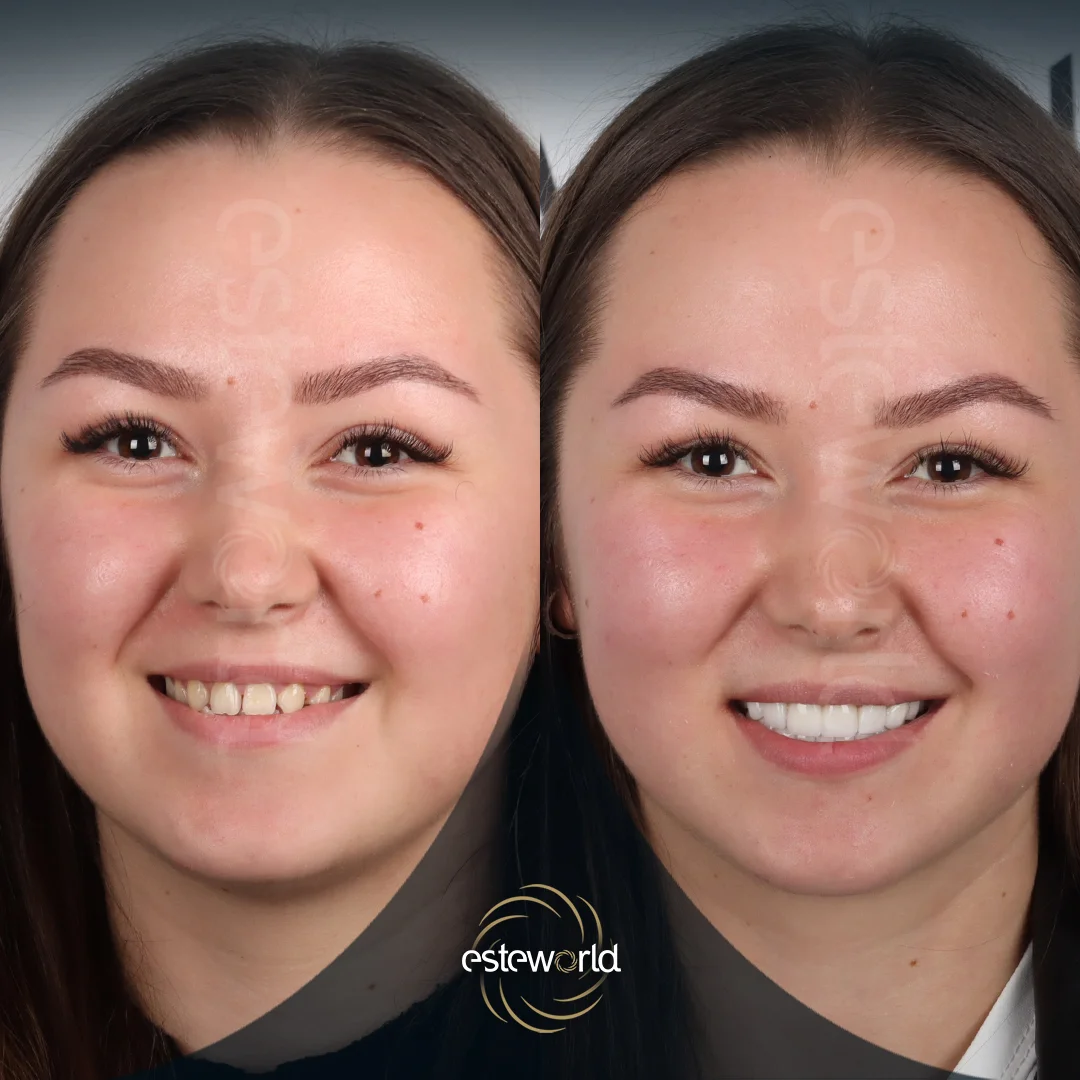
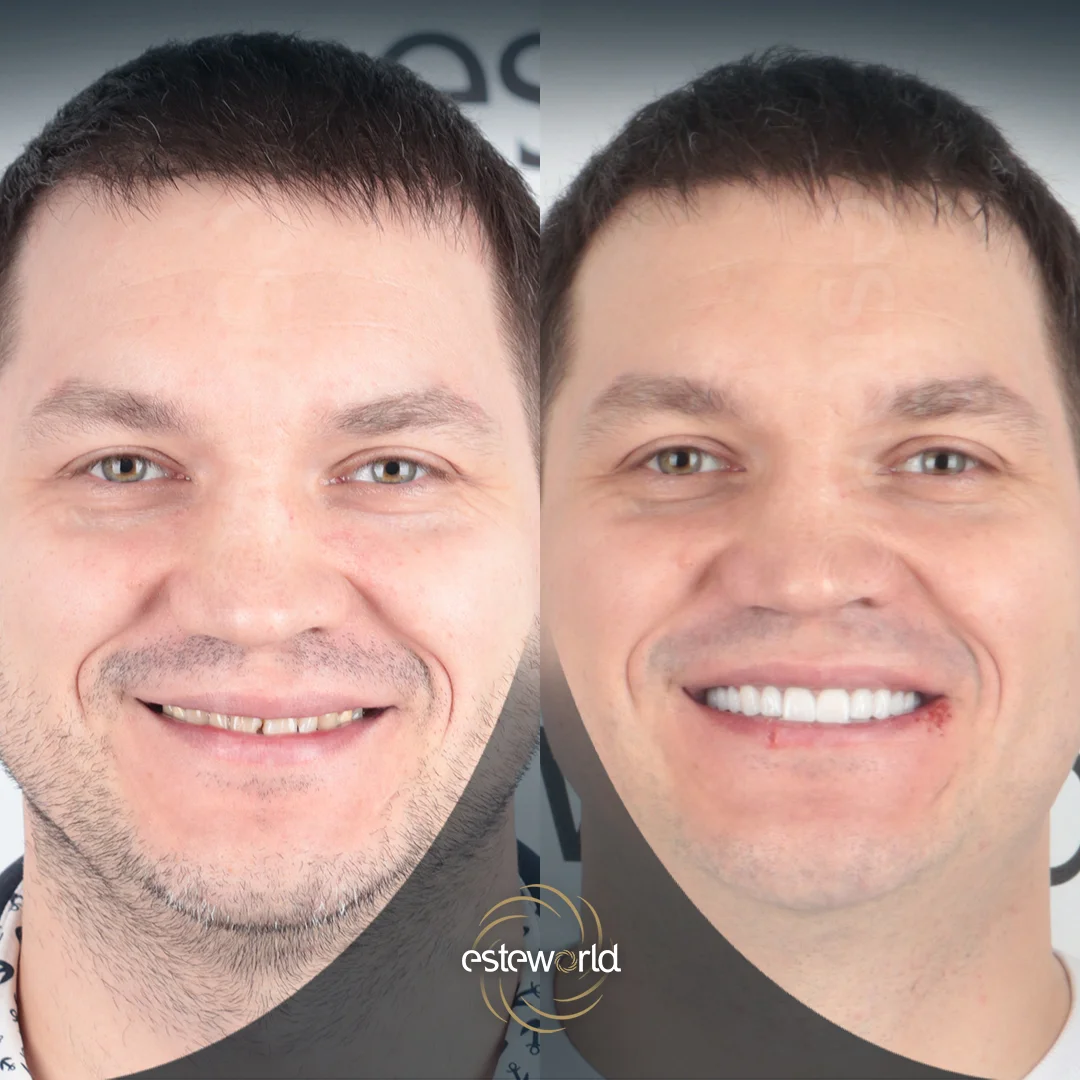

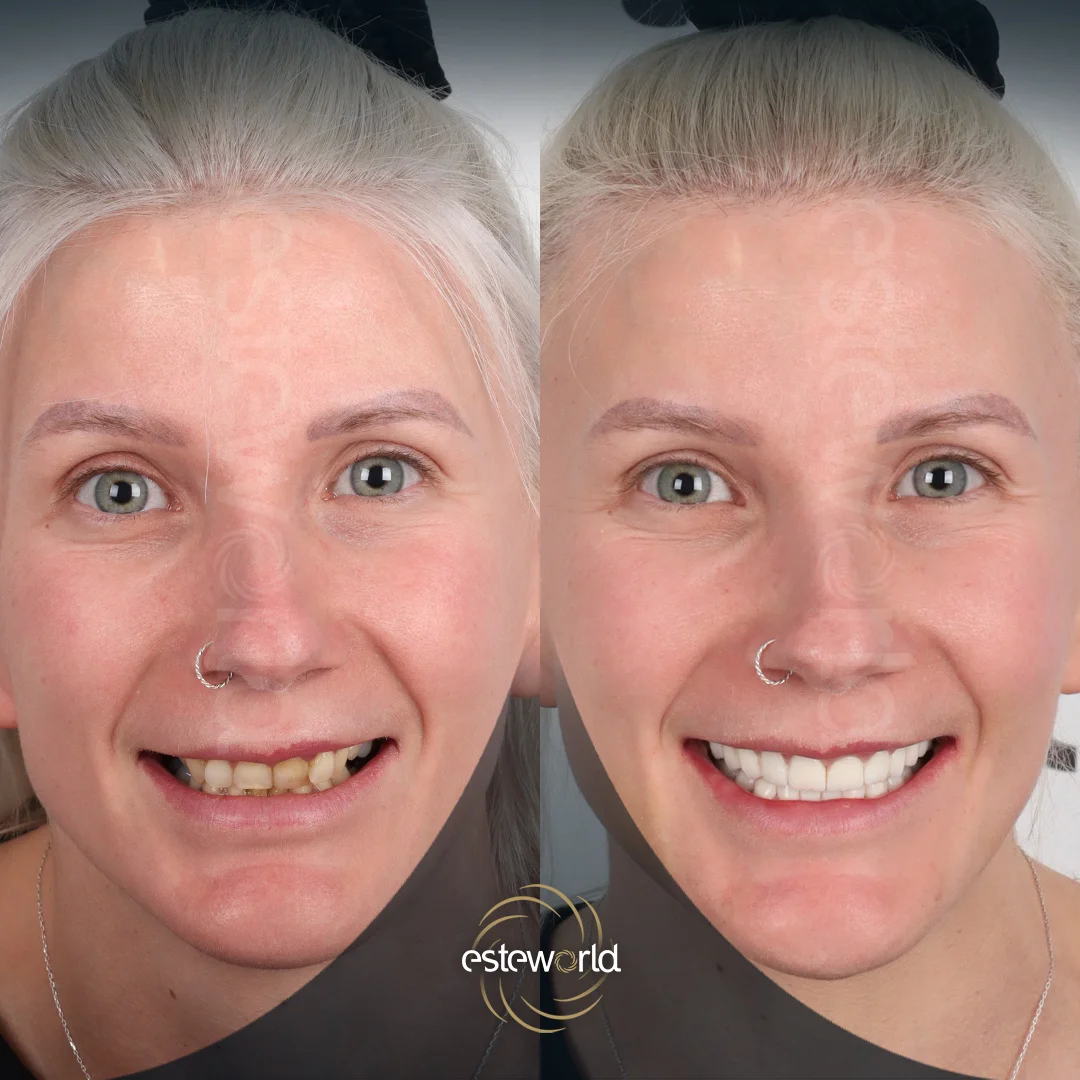
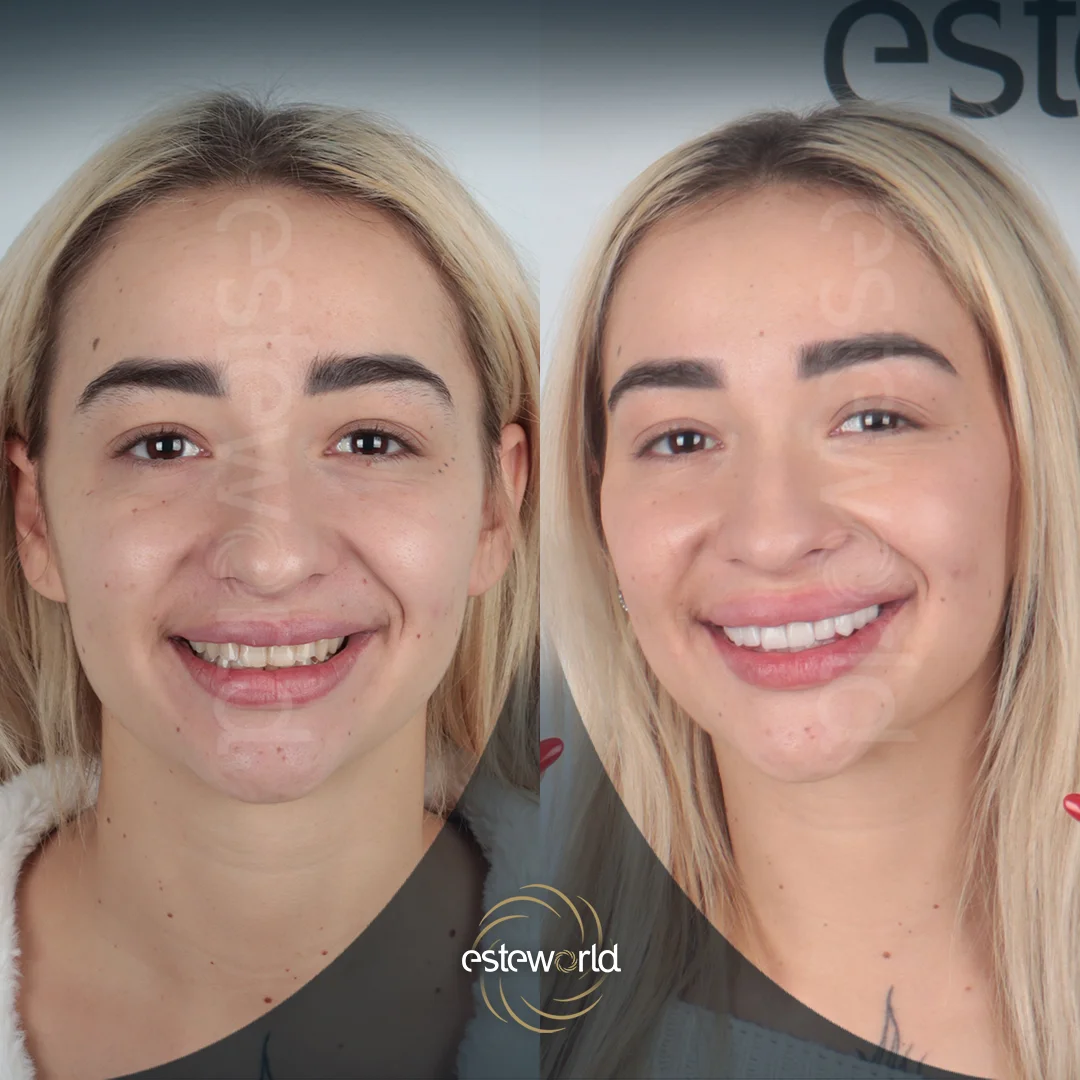

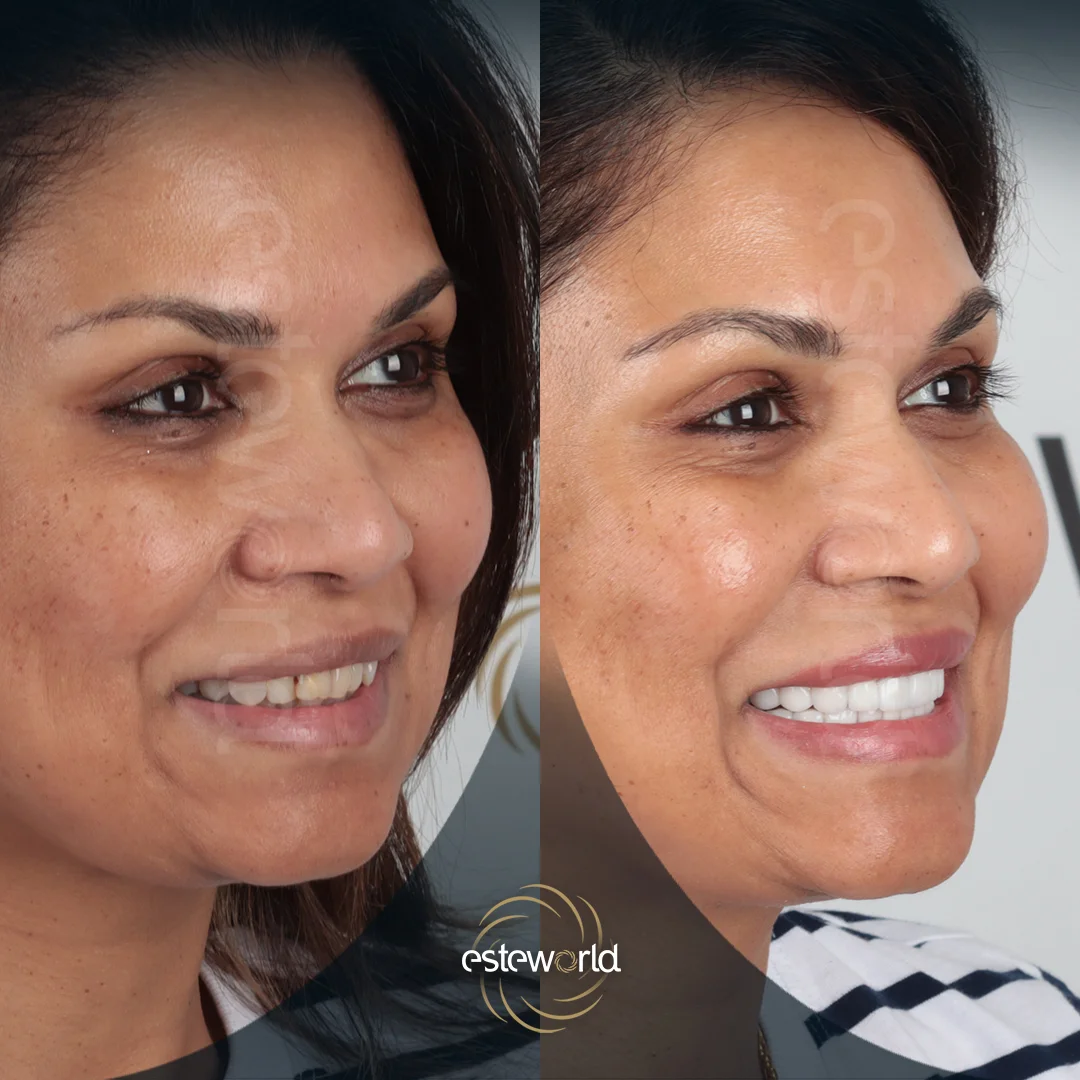
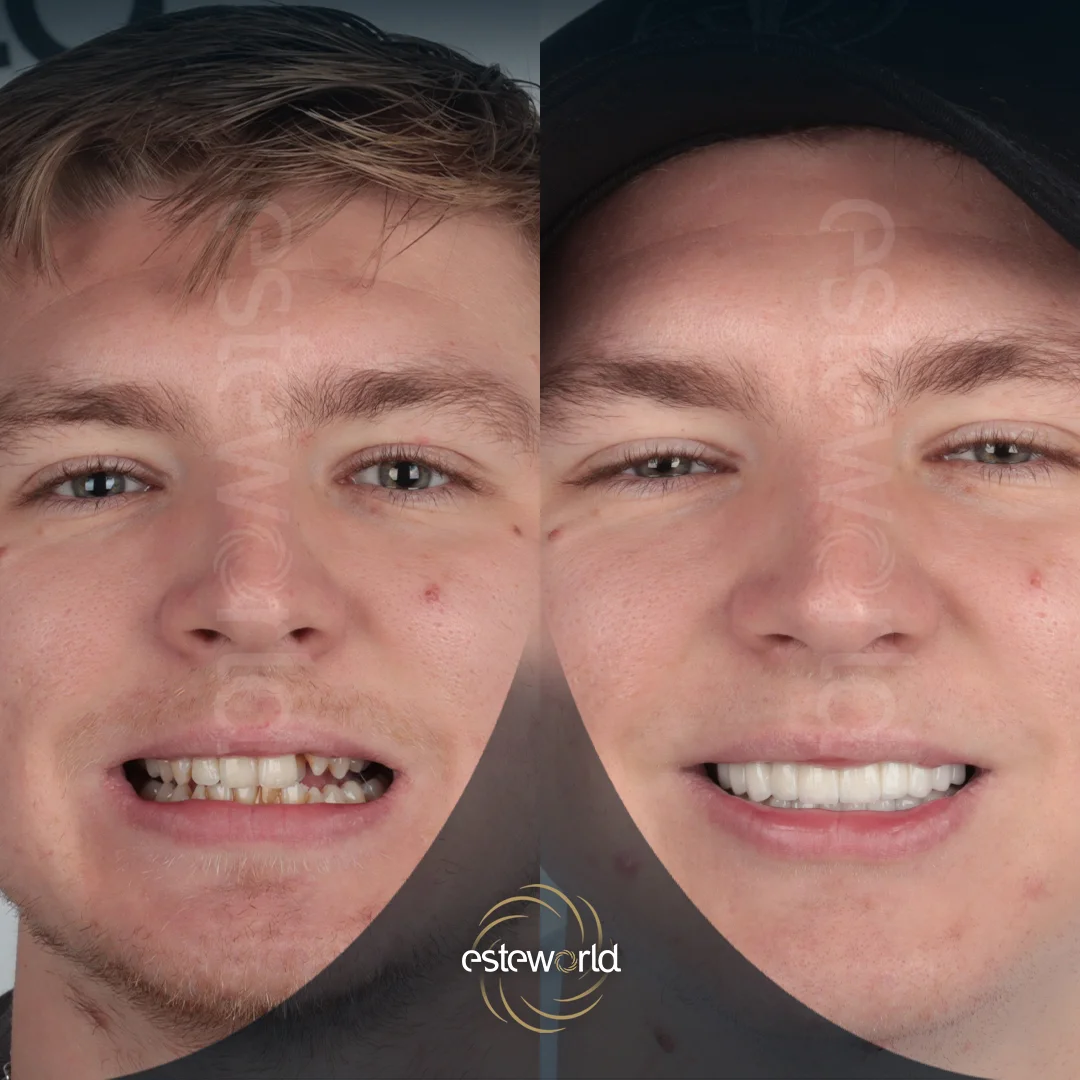
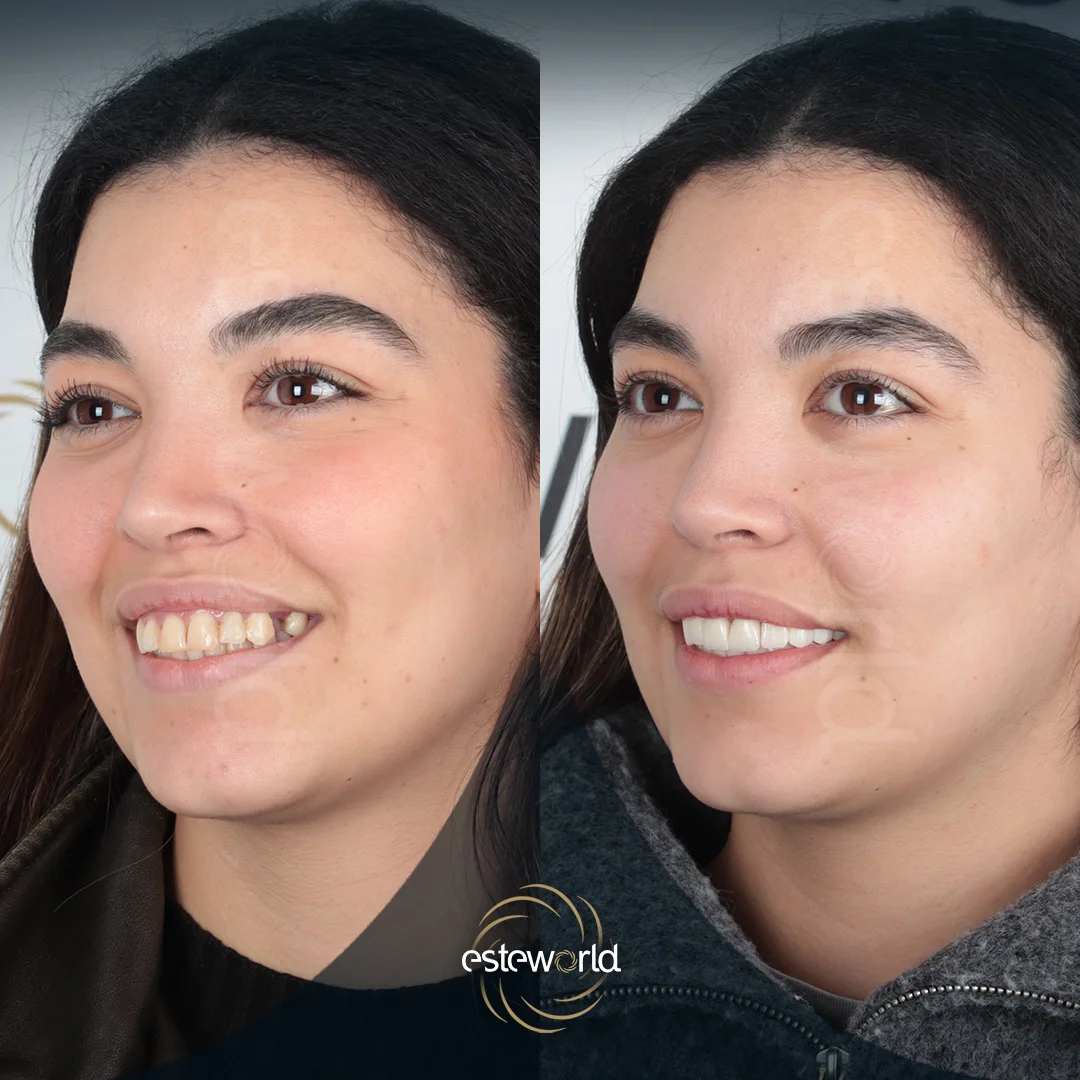

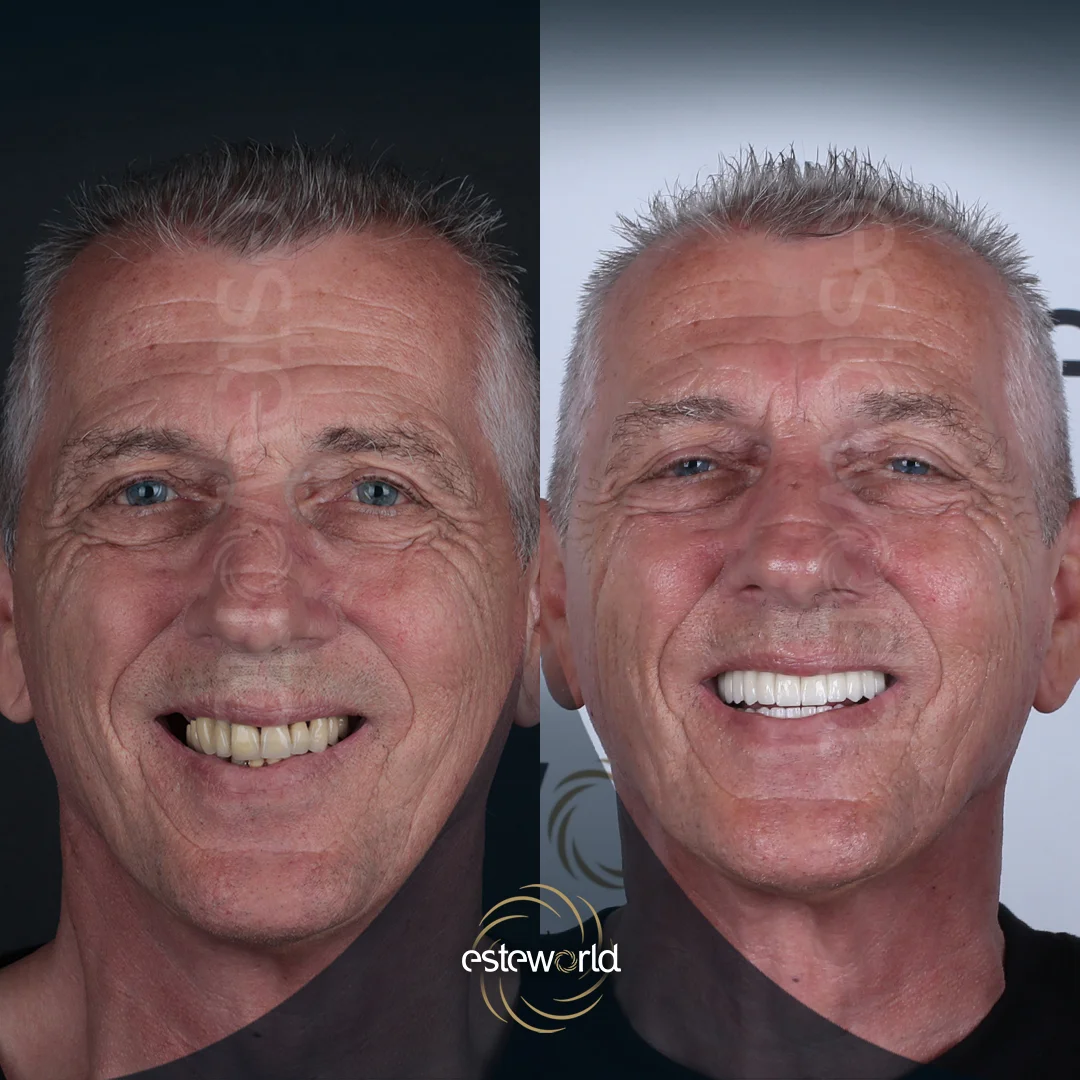
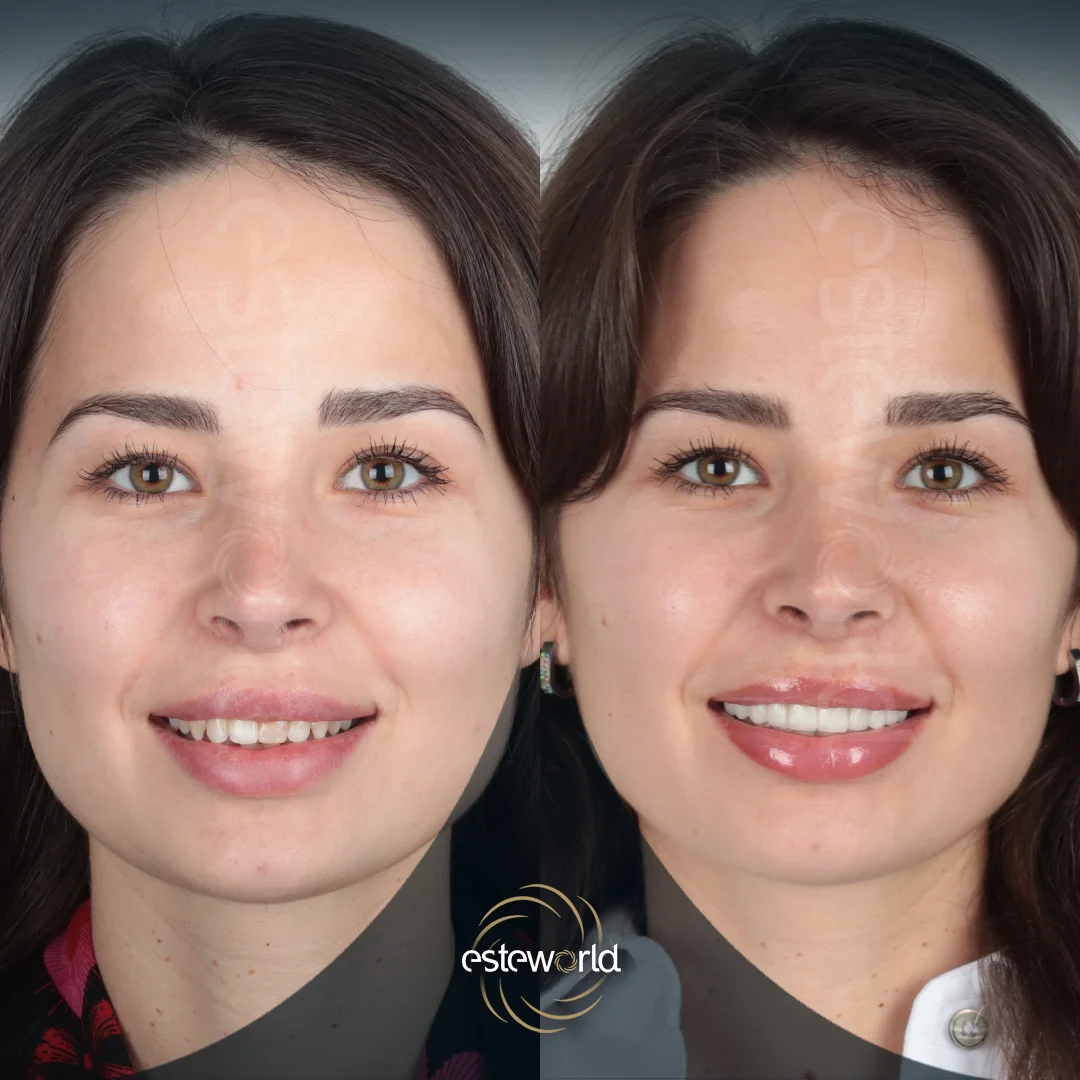
Share Your Dental X-Rays
Planning
Flight & Hotel
Surgery Day
Post-Op Care
Home Monitoring Process

Regular follow-ups to monitor implant stability and recovery.
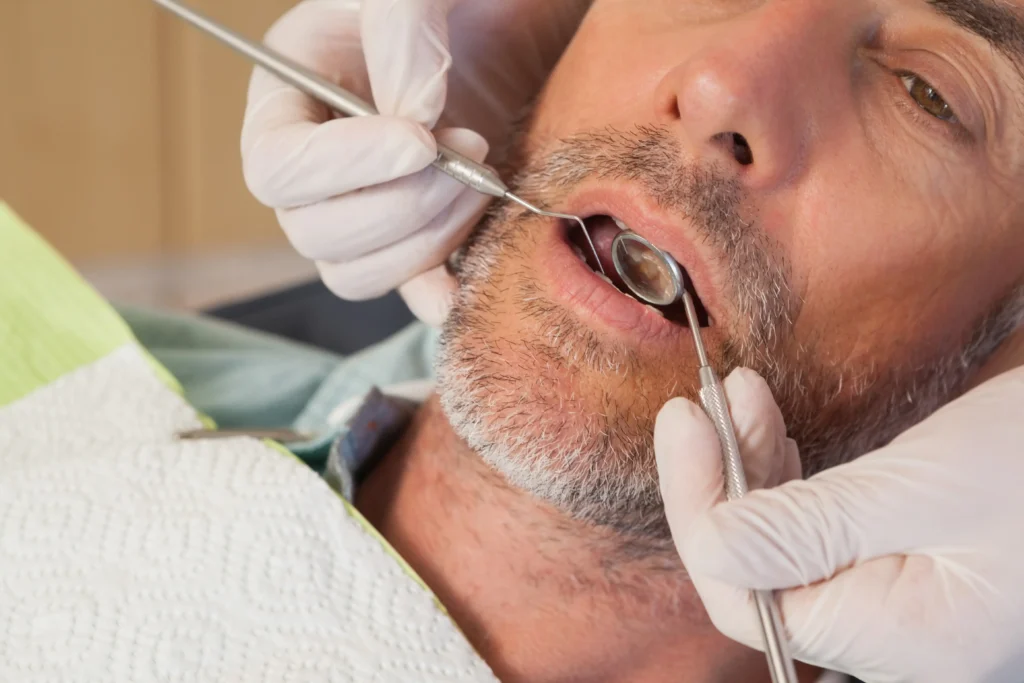
Special care products for oral hygiene and gum protection

Stay in contact with your surgeon for ongoing guidance.
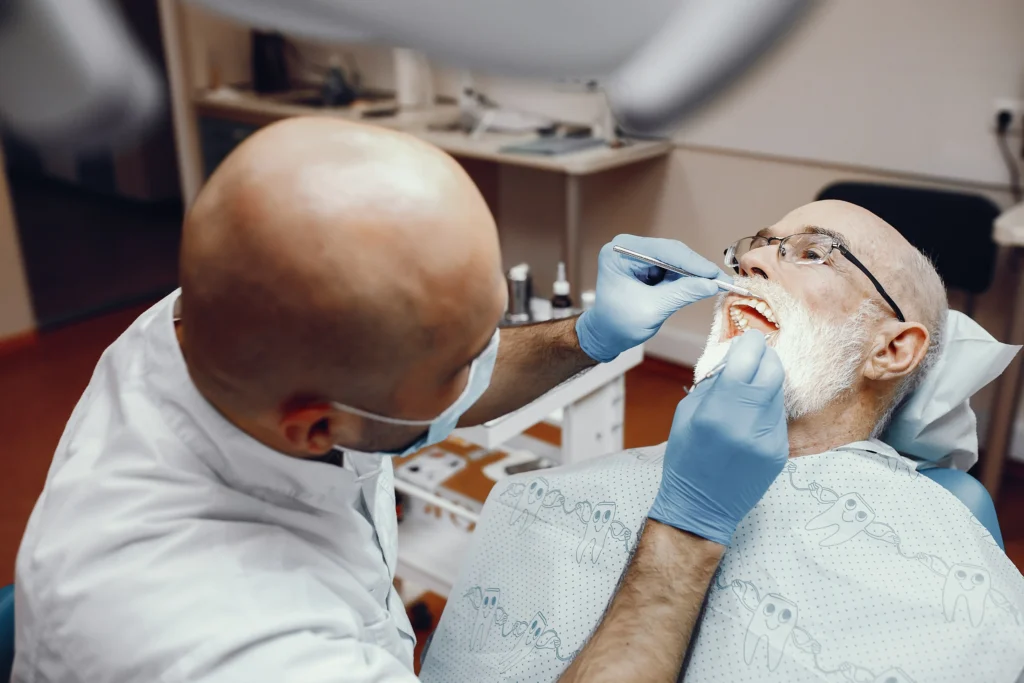
Continuous control for long-term function and natural aesthetics.
Dental implant is a treatment method suitable for everyone over the age of 18 who is in good health and has completed bone development.
The life of the dental implant can be extended up to 25 – 35 years when the necessary maintenance and controls are carried out regularly. At this point, it is important that people who have implant treatment carefully follow their routine checks and maintenance.
Dental implants are artificial tooth roots that are installed on a titanium screw-like structure placed in the jawbone and replace missing teeth. Implant construction usually consists of several stages. First, the maxillofacial surgeon or dentist performs a surgical procedure to insert the implant into the jawbone. Then, the healing process is waited for the implant to fuse with the bone and finally the prosthetic tooth is placed on the implant.
Depending on the patient’s request for a temporary tooth, the duration of implant treatment starts one day later with the placement of a temporary tooth on the implants. The completion of the treatment can vary between 6 weeks and 6 months. Although the treatment process usually lasts 3 to 4 months, this period varies for each patient.
In some cases, tooth extraction and implant treatment can be performed on the same day. This usually depends on the dentist’s assessment. In order for tooth extraction and implant placement to be performed in the same session, favourable conditions must exist.
The answer to the question of why wait 3 months in implant treatment is to ensure that the implant is firmly fused with the jawbone. This process is essential for the successful placement and stabilisation of the implant. Fusion with the jawbone is important for the long-term success of the implant.
A dental implant in Turkey is a surgical procedure used to replace missing teeth with artificial roots and crowns, widely performed in modern dental clinics across the country. These implants are made from biocompatible materials, typically titanium, and are placed into the jawbone to serve as a stable foundation for crowns, bridges, or dentures
A dental implant in Turkey is an artificial tooth root surgically placed into your jawbone to support a replacement tooth or bridge. It acts just like a natural tooth root, providing a stable foundation for either fixed or removable dental restorations. This stability comes from a remarkable process called osseointegration, where the implant actually integrates with your bone, becoming securely anchored over time.
Unlike traditional dentures, implants don’t rely on surrounding teeth for support, which helps preserve the integrity of your adjacent natural teeth. Plus, dental implants play a crucial role in maintaining jawbone density by stimulating the bone, actively preventing the bone loss that often happens after a tooth is lost. This makes dental implants a truly reliable and long-lasting solution for bringing back both the look and full function of your missing teeth.
Dental implants are a widely used treatment option to replace or support missing teeth. Implant application may be suitable for the following conditions:
These applications offer an effective treatment option for solving tooth loss problems and achieving aesthetically satisfactory results.
Choosing dental implants is a preferred option because they provide a durable and natural-feeling solution for missing teeth. Unlike traditional dentures or bridges, implants are anchored directly into the jawbone, offering greater stability and comfort during daily activities like eating and speaking. This direct integration with the bone also helps preserve the jaw’s structure, preventing the bone loss that can occur when teeth are missing.
Furthermore, dental implants do not affect neighboring teeth, which is an advantage over some other restorative methods that require altering adjacent teeth. Their long-term effectiveness and ability to support various types of dental restorations make implants a practical choice for those seeking a functional and lasting tooth replacement.
Dental implant treatment is suitable for individuals over the age of 18 who have completed jaw and bone development. Candidates should have healthy gums, sufficient bone density and no untreated chronic conditions. Those with diabetes, osteoporosis, or blood thinners may be eligible with physician approval if their condition is managed under medical supervision. Implants are ideal for replacing one or more missing teeth, supporting bridges or dentures, repairing decayed or worn teeth and achieving a natural-looking smile.
Dental implant treatment in Turkey is performed through a carefully planned surgical procedure that involves placing the implant into the jawbone to replace missing teeth. The process begins with a thorough assessment to evaluate bone structure and oral health, ensuring the implant can be securely anchored. Once the implant is placed, a healing period follows, allowing the implant to integrate with the bone through a process called osseointegration, which provides a stable foundation for the replacement tooth.
After this healing phase, an abutment is attached to the implant, serving as the connector for the final dental crown or bridge. This step-by-step approach ensures the implant is well-supported and functional, resulting in a natural appearance and improved oral function.
The dental implant process typically takes several months from start to finish. This timeframe is primarily due to the healing period required after the implant is surgically placed in the jawbone. During this phase, known as osseointegration, the bone gradually fuses with the implant, providing a strong and stable base for the final restoration.
Depending on individual healing rates and the condition of the jawbone, this process can take anywhere from three to six months. After successful integration, the abutment and the permanent crown are placed, completing the treatment. This staged approach ensures the durability and functionality of the implant, making the overall timeline necessary for a successful and lasting outcome.
Dental implant treatment involves replacing missing teeth with artificial tooth roots made of biocompatible materials like titanium, onto which replacement teeth are mounted. There are several types of dental implant treatments based on various factors, including the number of teeth being replaced, the condition of the jawbone, and the patient’s overall oral health. Here are the main types of dental implant treatments:
Endosteal implants are the most common type of dental implant. These implants are surgically placed directly into the jawbone and provide a solid foundation for the installation of artificial teeth. Endosteal implants are extremely durable and are widely used in single tooth replacements or as anchors for dental bridges and dentures.
Subperiosteal implants are placed on or above the jawbone, but below the gum tissue. Unlike endosteal implants, subperiosteal implants are suitable for patients with insufficient bone height. They consist of a metal frame that adheres to the bone and securely supports the artificial teeth.
Zygomatic implants are an alternative for individuals with significant bone loss in the upper jaw. These implants are attached to the zygomatic bone (cheekbone) to provide a stable base for dental prostheses, especially in cases where normal implants cannot be applied due to insufficient bone density.
Full mouth dental implants, also known as full arch dental implants or implant-supported dentures, involve replacing an entire arch (upper or lower jaw) of missing teeth. This comprehensive approach restores the entire set of teeth using multiple implants to support a fixed or removable prosthesis.
Multiple dental implants involve the placement of implants to support dental bridges or partial dentures, replacing multiple missing teeth within a given dental arch. This approach provides a reliable and permanent solution to restore functionality and aesthetics.
The All-on-4 dental implant technique uses four strategically placed implants to support a full arch bridge, providing stability and functionality comparable to natural teeth. It is an effective and cost-effective solution for the replacement of a full set of teeth.
Implant restoration involves placing crowns, bridges or prostheses on dental implants, completing the dental implant procedure and restoring the appearance and functionality of natural teeth.
Mini dental implants are smaller in size compared to standard implants. They are used when there is limited bone or space and often act as stabilisers for removable dentures or bridges.
Denture stabilisation involves the use of dental implants to fix and stabilise removable prostheses such as dentures. This improves comfort and confidence while minimising the problems associated with traditional removable appliances.
Before getting a dental implant in Turkey, it is important to consider several key factors to ensure a successful treatment experience. First, evaluating your overall oral health and bone condition is essential because a sufficient amount of healthy bone is needed to support the implant securely. Additionally, understanding the treatment timeline and the healing process helps set realistic expectations regarding the duration and stages of the procedure.
Considering travel arrangements and accommodation is also necessary since dental implant treatment may require multiple visits over several months. It is equally important to review the quality and standards of the dental clinic and materials used, as these directly impact the longevity and safety of the implant. By carefully planning and preparing for these aspects, patients can approach their dental implant treatment in Turkey with greater confidence and clarity.
Opting for dental implant in Turkey offers a compelling blend of high-quality healthcare, experienced dental professionals, and cost-efficiency. Turkey has earned a reputation for providing world-class dental care at significantly lower costs compared to many other countries. The country boasts state-of-the-art facilities, skilled implant surgeons, and adherence to international standards.
Moreover, choosing dental implant in Turkey allows you to combine the dental procedure with a unique travel experience, exploring the rich culture and historical sites that the country has to offer. This combination of superior dental expertise, affordability, and a captivating travel experience makes Turkey an attractive destination for dental implant treatments.
The cost of dental implant in Turkey is notably competitive and appealing to international patients. On average, a single dental implant in Turkey can range from $600 to $1,500, depending on factors like the clinic’s location, the surgeon’s expertise, and the type of implant used. This cost is significantly lower compared to many Western countries, making Turkey an attractive destination for those seeking affordable yet high-quality dental implant procedures.
Patients can expect to receive top-notch care in modern facilities equipped with the latest technology, all while enjoying cost savings and the opportunity to explore the beauty and culture of Turkey.
You can contact Esteworld to get detailed information about 2026 implant prices in Turkey. Meet Esteworld’s expert dentists and get the smile you want.











By Metrobus:
You can get off the Metrobus at Uzunçayır station and then take the minibuses and buses to Metropol Shopping Mall.
Bus Transportation:
You can take buses numbered 8K-10-10A-10EK-13-13ŞB-13AB-14ŞB-16M-19EK-19M-KM46-256 and get off at Ataşehir Plazalar stop.
Transportation by minibus:
You can take Üsküdar-Ferhat Paşa, Üsküdar-Ataşehir, Ümraniye-Ataşehir minibuses and get off at Ataşehir Plazalar stop.
By Metro
You can use the M4 Kadıköy-Sabiha Gökçen metro line and get off at Yenisahra or Kozyatağı stops and then take buses and minibuses to Metropol AVM.
Transportation from Sabiha Gökçen Airport:
You can take the M4 Kadıköy-Sabiha Gökçen metro line and get off at the Kozyatağı stop and then take the minibuses and buses to Ataşehir Metropol AVM.